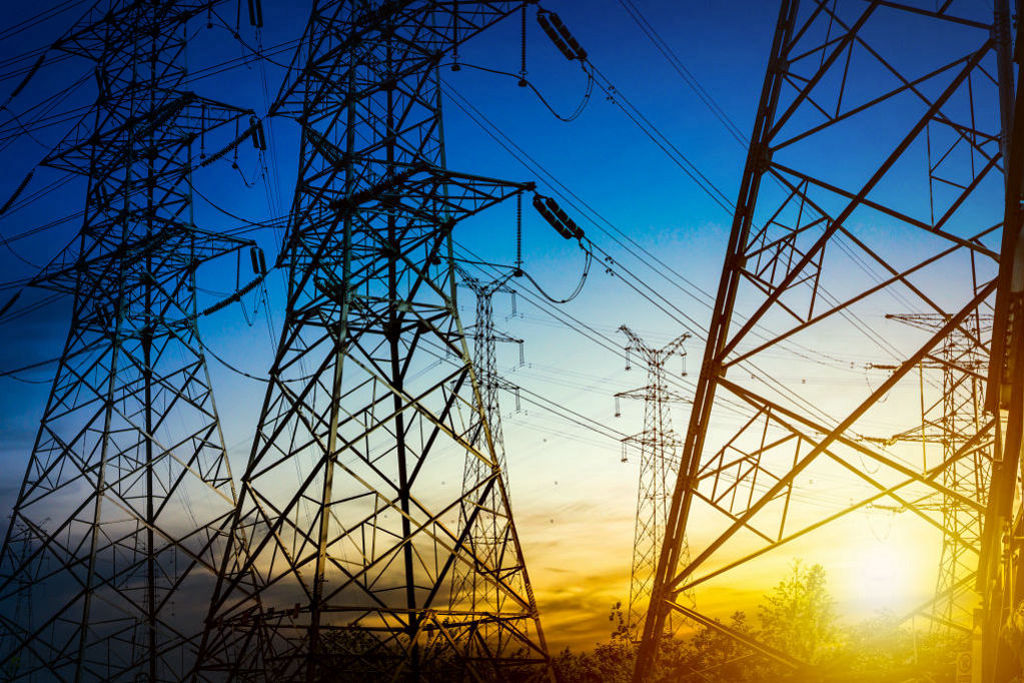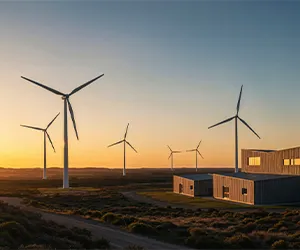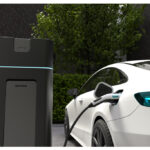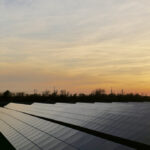Smart Meter Deployment Falls Short as Deadline Nears
The push for smart electricity meter deployment in many countries is facing significant setbacks as the deadline for widespread adoption rapidly approaches. Although there have been ambitious goals established by the regulatory bodies, the process has been slow and only close to 10 percent of the goal has been attained by February 4, 2025. Such deficiency brings up the possibility of not passing the deadline and challenges the quality of the policy of implementing smart meters.
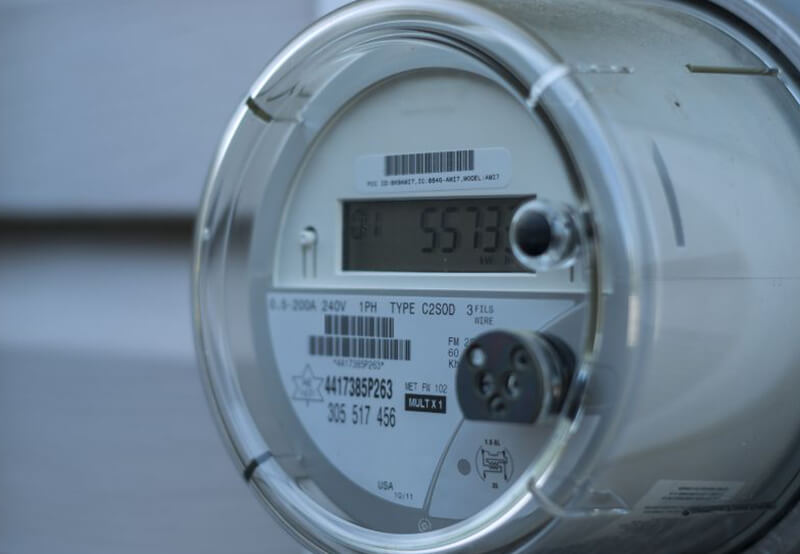
Smart electricity meters are at the heart of modern smart grid technology, offering real-time energy monitoring, improved billing accuracy, and enhanced energy efficiency for both consumers and providers. The rate of deployment, however, is currently too slow to imply that the customers can enjoy these benefits in the near future. The low rate of advancement highlights the issues of infrastructure readiness, consumer readiness and policymaking implementation.
What is a Smart Meter for Electricity?
Smart electricity meter is an advanced gadget, which measures energy consumption in real time and provides the same to the utilities on secure digital platforms. In contrast to analog meters, smart meters eliminate manual readings and give customers visibility into real-time electricity usage data through online platforms or mobile applications. Smart meters form a crucial component of smart grid technology, enabling efficient energy delivery as well as demand management.
Benefits of Smart Meters for Customers
Smart meters are a series of advantages for consumers that make them an excellent cause of energy efficiency and saving. One of the most significant advantages is:
- Precision Billing: Replaces estimated billing by actual billing to bill customers for their usage.
- Energy Usage Information: Provides users with instantaneous feedback on consumption so that customers can change usage habits and conserve energy.
- Remote Monitoring & Control: Allows customers to monitor power use via web pages and smartphone apps.
- Speedier Resolution of Issues: Utility operators may diagnose faults or power outages and correct them easily without physical inspection.
- Support for Renewable Energy: Fully integrated with solar panels and other renewable energy sources, promoting a renewable energy system.
The Current Status of Smart Meter Deployment
Despite the clear advantages of smart electricity meters, the deployment rate has been alarmingly slow. According to reports, by February 4, 2025 only about 10 percent of the designated installations were made. Various factors have been attributed to this delay which include:
- Infrastructure and Technical Challenges: A lot of areas do not have the required infrastructure in aiding the implementation of the smart grid technology and this will hinder the installation process.
- Consumer Awareness and Resistance: There are clients who will still be doubtful of the usefulness of smart meters or might fear data privacy and security.
- Regulatory and Policy Barriers: Regulatory Barriers: Regulatory and policy inconsistency at different regions has contributed to creation of delays in approvals and implementation.
- Supply Chain Disruptions: Supply chain disruptions around the world have because of the shortage of semiconductors and other logistical problems which have impacted availability of smart meters.
Why is the Smart Meter Policy Falling Short?
Government policies and regulation structures are key drivers of smart meter adoption. The slow pace of rollouts implies weaknesses in policy implementation. An effective smart meter policy must address infrastructural challenges, offer early adoption incentives, and enhance consumer confidence through stringent data protection protocols.
Some key policy shortcomings include:
- Lack of Uniform Regulations: Different policies among regions bring inconsistency in the deployment approach.
- Limited Investment & Funding: Economic limitations prevent mass installations and technological advancements.
- Inefficient Consumer Engagement Strategies: A lack of widespread consumer awareness campaigns has slowed adoption rates.
The Road Ahead: What Needs to Change?
To accelerate smart electricity meter deployment, urgent measures must be taken:
- Strengthen Smart Meter Policies: Clear, consistent regulations will encourage investment and streamline deployment processes.
- Enhance Consumer Awareness Programs: Educating customers about the benefits of smart meters can boost acceptance rates.
- Improve Infrastructure & Supply Chain Management: Addressing logistical and technical barriers will facilitate faster installations.
- Offer Incentives & Rebates: Financial incentives can encourage both consumers and utility companies to adopt smart meters.
Conclusion
The slow progress in smart meter deployment highlights a pressing challenge in the transition to smarter energy solutions. With fewer than 10% of the goal reached on February 4, 2025, policymakers, utility industries, and consumers all need to come together to break through the obstacles hindering adoption. A more robust smart meter policy, investment in infrastructure, and consumer education are key toward bringing the full potential of smart grid technology to life. With the deadline approaching, firm action must now be taken to implement this game-changing energy project successfully.
Frequently Asked Questions (FAQs)
A smart meter measures electricity usage in real-time and transmits the data to utility companies through secure communication networks. This eliminates manual readings and ensures accurate billing.
Smart meters improve billing accuracy, provide real-time energy usage insights, allow remote monitoring, support renewable energy integration, and enable faster resolution of power issues.
Deployment is slow due to infrastructure challenges, consumer resistance, regulatory inconsistencies, and supply chain disruptions affecting meter availability.
Yes, smart meters use encrypted communication protocols to protect consumer data. However, regulatory frameworks must ensure robust data privacy protections.
Yes, by providing real-time consumption insights, smart meters empower customers to optimize their energy usage and reduce electricity costs.
Yes, smart meters can integrate with solar panels, enabling accurate measurement of energy generated and used, which helps in managing renewable energy sources effectively.

